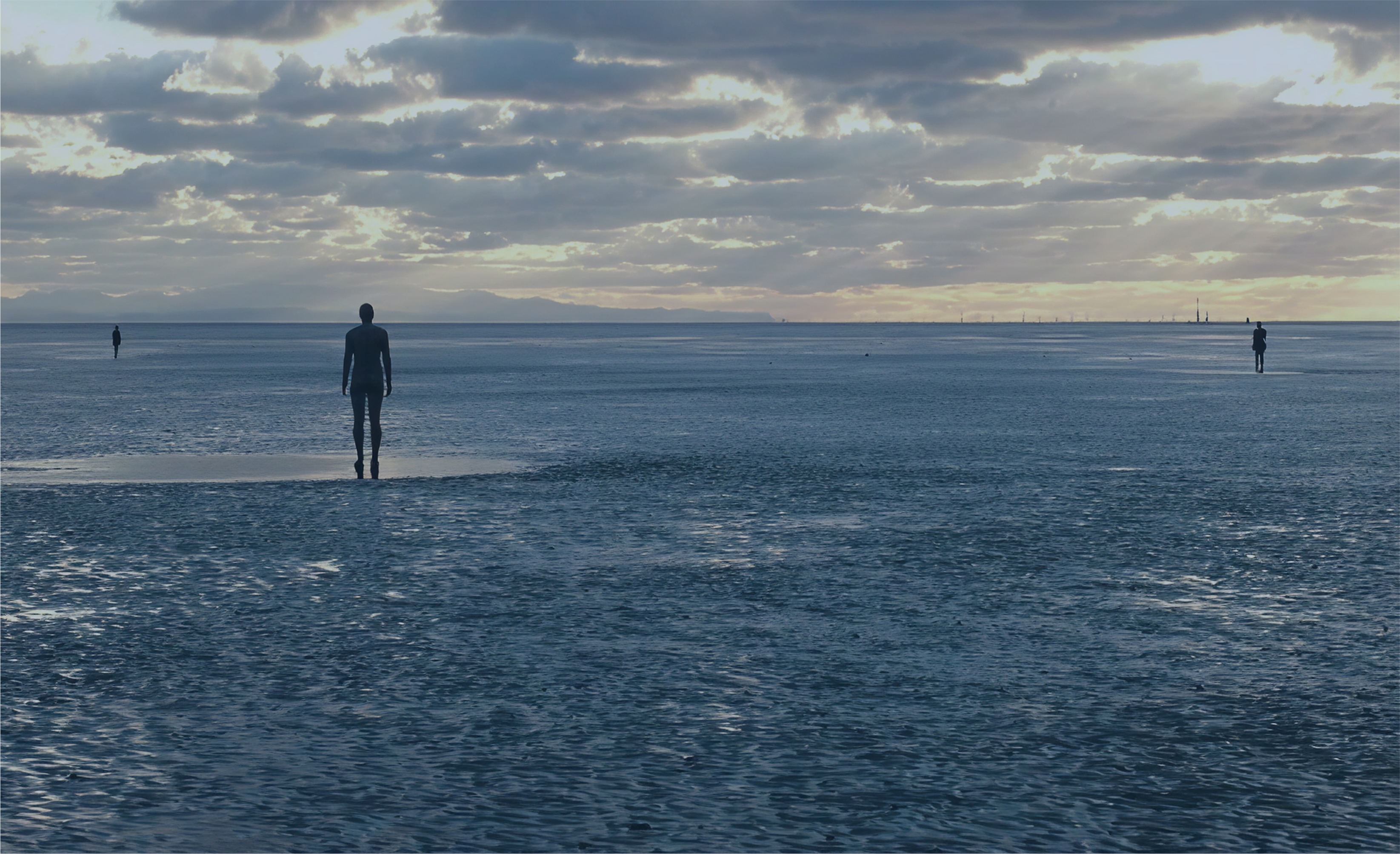Theme
This month we’re thinking optimistically. I don’t want this to sound naïve or undeservedly chirpy: there’s a lot to worry about at the moment, for sure. But optimism is an active state of mind, a way of viewing the world, in the midst of all its turmoils, that brightens everything on which it settles. This might simply be seeing the glass as half full, or else finding a way of turning an apparent problem into a solution. Just think about Apple’s famous slogan: ‘think differently’. Optimism is one such different way of thinking, and can quite literally transform the world around you.
Who Hath Despised the Day of Small Things by Christina Rossetti

As violets so be I recluse and sweet,
Cheerful as daisies unaccounted rare,
Still sunward-gazing from a lowly seat,
Still sweetening wintry air.
While half-awakened Spring lags incomplete,
While lofty forest trees tower bleak and bare,
Daisies and violets own remotest heat
And bloom and make them fair.
Who?
Christina Rossetti (1830–1894), was a Victorian poet and sister of the painter Dante Gabriel Rossetti. This might be counter-intuitive: she’s often seen as something of a gloomy poet—which is understandable because she writes a lot about death and disappointment. But that’s not the whole story, and her work is markedly inflected with moments of hopefulness and optimism. She’s extremely adept, in fact, at turning her attention – and her pen – to the very small things in life that might offer a shield against our sea of troubles.
What?
We can see this attitude at work in the poem above. We might think, at first, we’re in for a bit of negative thinking: the word ‘despised’ in the title might not fill us to the brim with hope. But we soon find that the poem is a counter-argument to those who ignore – or actively dislike – the minor kernels of optimism that populate our days on earth, which Rossetti finds in the form of flowers. Indeed, her particular brand of optimism looks down, rather than up, and takes in the daisies that shine against the shade of the metaphorical towers of trees ‘tower bleak and bare’.
We might also notice that the poem is dense with rhyme. Rossetti is known for her rich acoustic soundscapes, and, here, this inflects our reading with a lyrical hopefulness: see how she turns the negativity of ‘bare’ into the ‘fair’ of the flowers. That is, its sense of optimism in the smallest things is carried through by the sound-pairings it makes—you could even say that each rhyme looks forward to the next.
The Broader Context
As noted above, Rossetti came from a very high-achieving family. Her brother was a master-painter and co-founded the Pre-Raphaelite Brotherhood, a group of artists who sought to return to the vibrant detail and colours of Raphel and his forebears. It was a rather grand movement, and it’s easy to see how someone might be intimidated by their big ideas. Rossetti, though, forged her own way: she was similarly interested in detail, but her poems are much quieter, more subtle and reserved. It is a particular optimism that isn’t naïve or childish, but shows that hope and disappointment are always counterpointed against each other, and true optimism means actively finding the good in what’s around you.























































.png)















.jpg)





.png)











.png)















